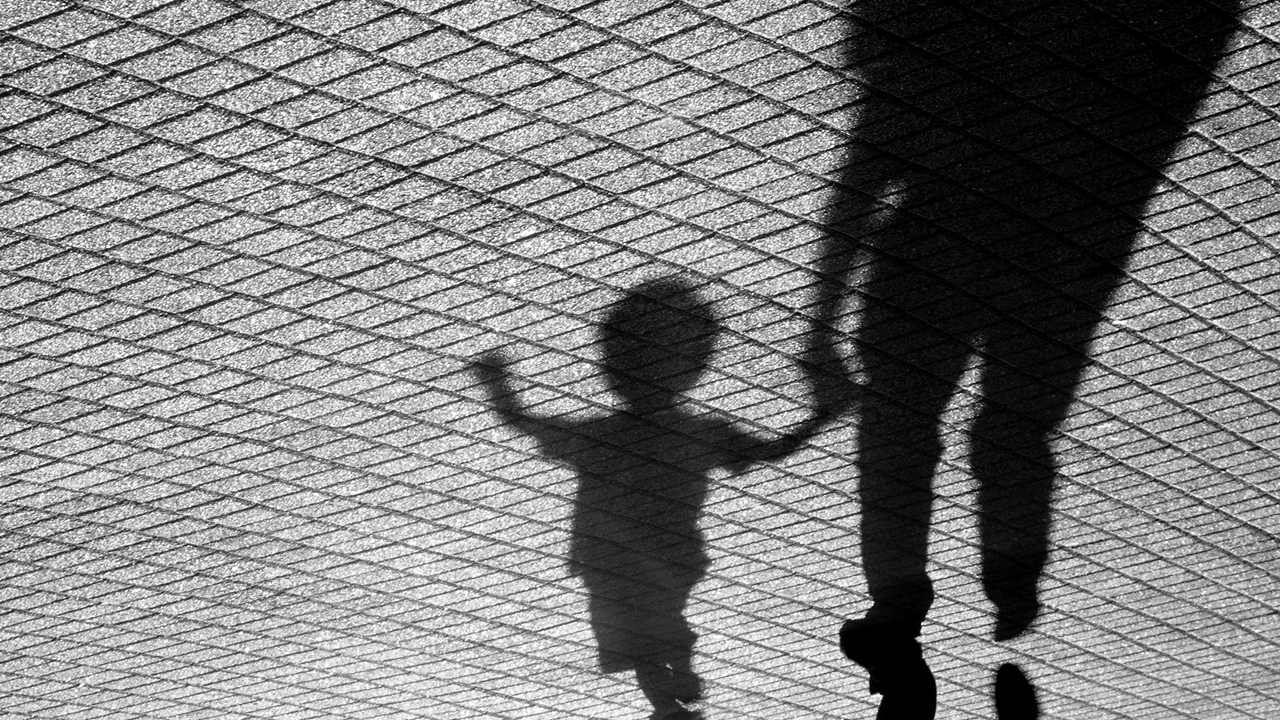How do we "remember" things that did not happen to us? Neuroscience has made remarkable discoveries about ways in which our brains and bodies can be affected by traumatic experiences of our parents. We know that children born to survivors of cataclysmic events are themselves more susceptible to stress, and at greater risk of mental illnesses like PTSD, despite never having experienced the trauma themselves. Epigenetics, the in-utero environment, early experiences, and the parent-child relationship all play a role. These discoveries have spurred a compelling field of research into intergenerational trauma, revealing a complexity of biological and psychological interactions determining risk or resilience - but what does this new knowledge mean for survivors and their children? Scholars in the humanities and arts have long explored the lived experiences of those who feel they have inherited trauma from past generations. What can neuroscientists learn from these explorations, and what can other disciplines take from advances in neuroscience? We hear from pioneering researchers, clinicians, and scholars as they make sense of how the remote past gets under the skin to affect the present.

